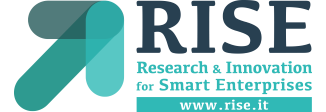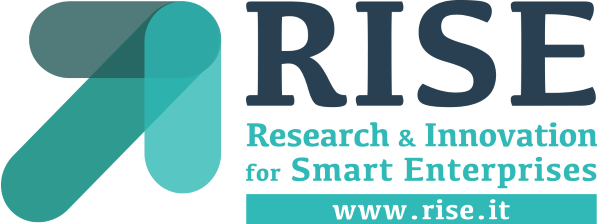
Are you a company?
RISE supports you in your innovation projects

Are you a researcher?
RISE is your research partner

Are you a student?
RISE throws you in the world of business

Are you a media?
RISE offers innovative and interesting content




